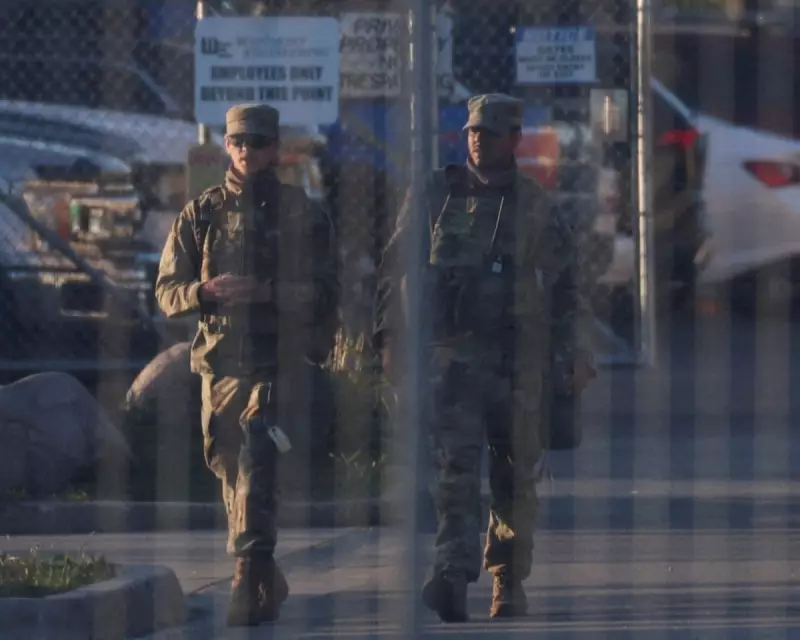
In a dramatic escalation that threatens to upend America's constitutional order, President Donald Trump has openly defied the Supreme Court by deploying National Guard troops to Illinois, despite the justices explicitly blocking such action.
A Direct Challenge to Judicial Authority
The confrontation erupted when Trump, leveraging the controversial Insurrection Act, ordered military forces into the state following recent civil unrest. This move came mere hours after the Supreme Court had issued a temporary stay, preventing exactly this type of federal intervention.
Legal experts are describing the situation as one of the most severe tests of America's separation of powers in modern history. The president's actions represent a fundamental challenge to the judiciary's role as a check on executive power.
The Illinois Standoff
At the heart of the conflict lies the Democratic-led state government's firm opposition to federal military presence. Illinois officials have vehemently argued that the situation on the ground doesn't warrant such extreme measures and that the deployment violates states' rights.
The White House, however, maintains its position that the president's authority under the Insurrection Act is absolute and not subject to judicial review when it comes to matters of national security and public safety.
Constitutional Implications
This standoff raises profound questions about the balance of power in the American system:
- Can a president ignore direct Supreme Court orders regarding military deployments?
- Where does presidential authority end and judicial oversight begin?
- What recourse do states have when facing unwanted federal military intervention?
Political Fallout and National Reaction
The political response has been sharply divided along partisan lines. Republican allies of the president have praised his "decisive leadership" in maintaining order, while Democratic leaders have condemned what they call "an authoritarian power grab."
Legal scholars warn that this confrontation could establish dangerous precedents for future presidents, potentially weakening the judiciary's ability to constrain executive overreach in years to come.
As National Guard troops remain deployed in Illinois against the Supreme Court's ruling, the nation watches anxiously to see whether America's system of checks and balances can withstand this unprecedented challenge to its authority.





